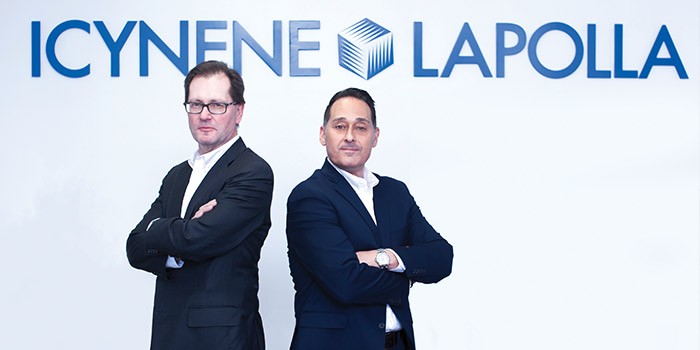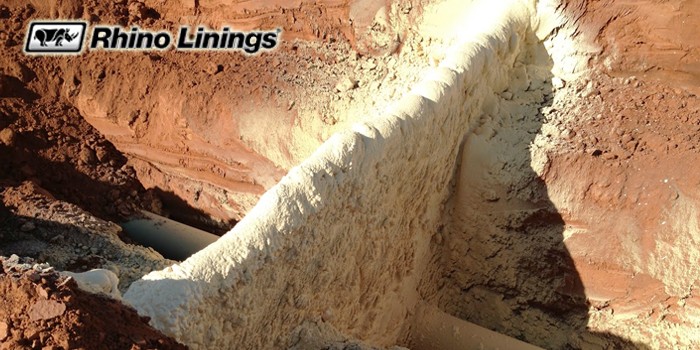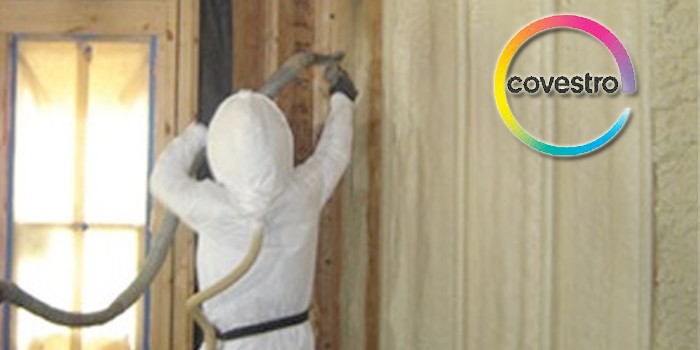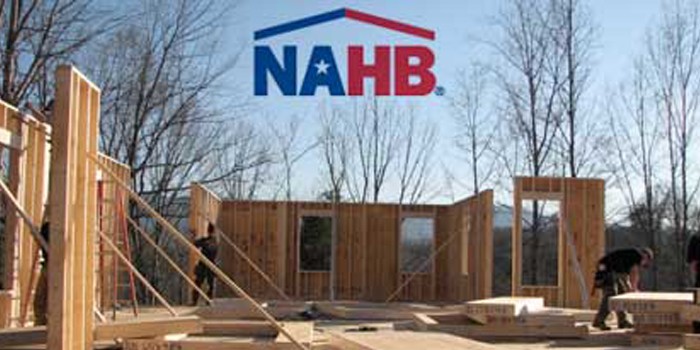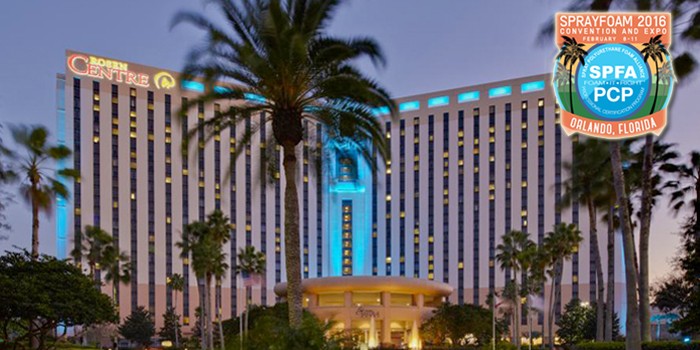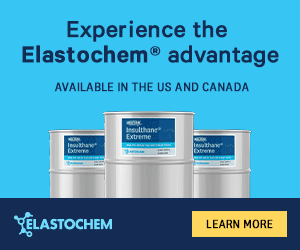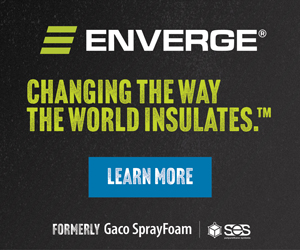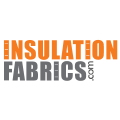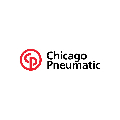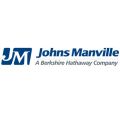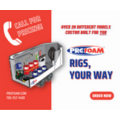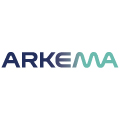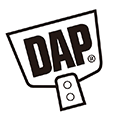Air Barrier Association of America Approves NCFI Spray Foam Insulation Products
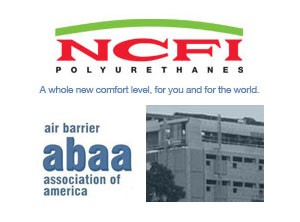
MOUNT AIRY, NC — Air infiltration is a significant cause of energy loss in commercial buildings, so U.S. building experts are paying greater attention to air barriers. Air barriers control air leakage into and out of the building enclosure, thus saving money on energy costs, and keeping airborne pollutants like water vapor, suspended particulates, pollens, dust, insects, smells, etc. out. NCFI’s closed-cell spray foam insulation products, while offering superior insulation, are also excellent air barriers, as evident by the recent testing and approval by the Air Barrier Association of America (ABAA).
ABAA works with design professionals, manufacturers, contractors, and installers to ensure “best-practices” information and training is available for all building stakeholders. The professional organization provides accreditation for contractors; certification for installers; on-site quality control, site-based documentation and reporting, third party audits, and testing and approval of materials and products.
“Air leakage can result in an increased use in energy costs of up to 30-40 percent in heating climates and 10-15 percent on cooling costs,” says Jason Hoerter, senior product manager and building sciences engineer with NCFI. “There is a growing trend of forward-thinking architects, builders and contractors specifying air barriers in commercial buildings for optimal performance for owners and occupants. It’s solid building science. The ABAA’s performance requirements for air barrier materials go well beyond the code requirements for spray foam insulation, and our approval and inclusion proves NCFI’s products are among the very best on the market today.”
Nelson Clark, senior vice president of NCFI, says, “We appreciate our new position in the ABAA. It’s an excellent way to help the commercial and residential building industries take advantage of the best, most innovative practices and products for including air barriers in all commercial buildings. It certainly fits with our corporate mission to ensure all buildings are high-performance buildings that provide a healthy environment and greater energy efficiency. The ABAA training, certification, and quality assurance programs are ahead of the wave in giving the industry the tools and resources to make that a reality.”
Clark concludes, “Sealing the wall assembly creates a tighter building, and that helps optimize energy savings, control moisture, and meet or exceed necessary building codes. Our InsulBloc and InsulStar high performance spray foams have been doing this since 1967 and we’re glad to be part of a professional organization in which we can continue helping drive the future of how America builds.”
###
For more information, or to arrange an interview on this subject please contact:
Dale McGlothlin (202) 341-8615
dm@seachangeglobal.com
About NCFI
NCFI was organized in 1964 by research chemist, Dr. H. W. Bradley and Barnhardt Manufacturing Company. NCFI is headquartered in Mt. Airy, NC and manufactures polyurethane foam chemical systems for spray foam-in-place insulation (SPF), roofing, marine floatation, packaging, specialty molding, and many other uses. The company also offers a complete line of flexible foams for furniture seating, transportation seating, bedding, carpet underlay, and packaging. NCFI has manufacturing plants in High Point and Hickory, N.C., Dalton, GA., and Salt Lake City, UT. To learn more about NCFI please visit www.NCFI.com.
Disqus website name not provided.





